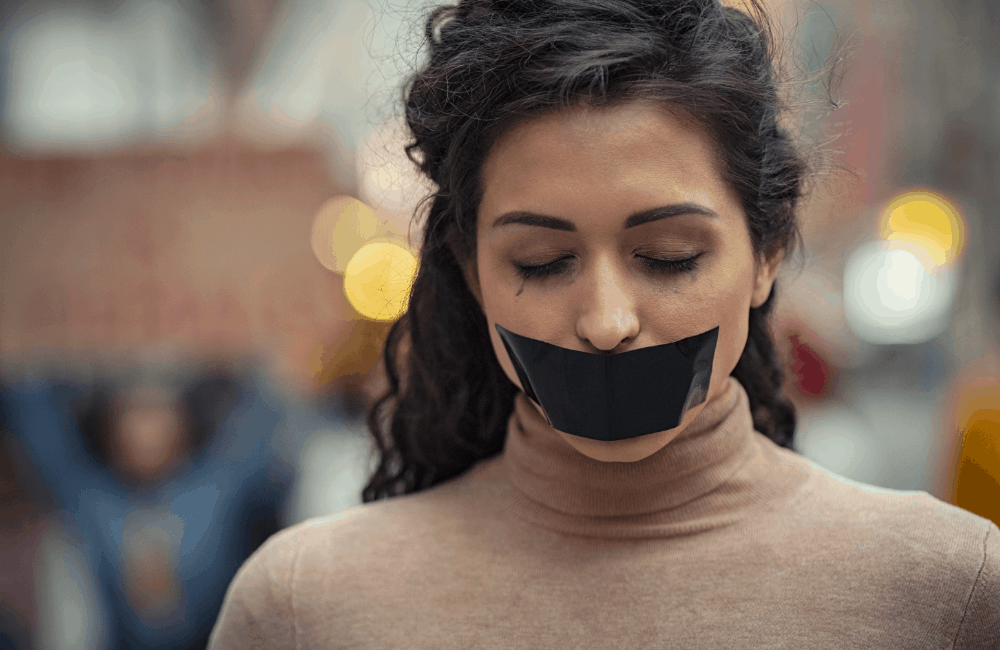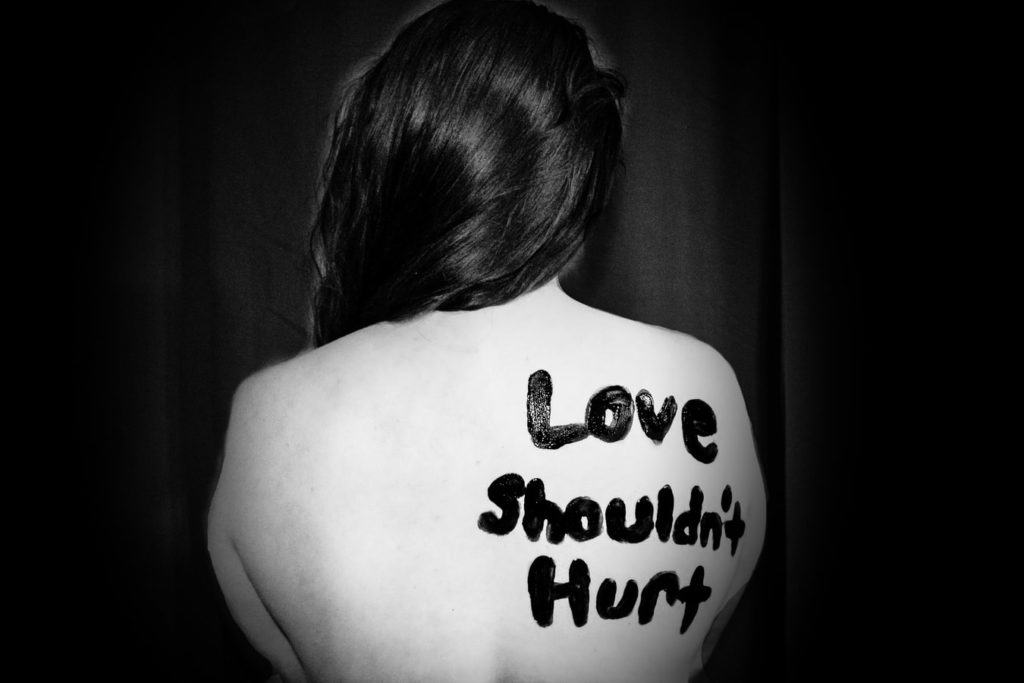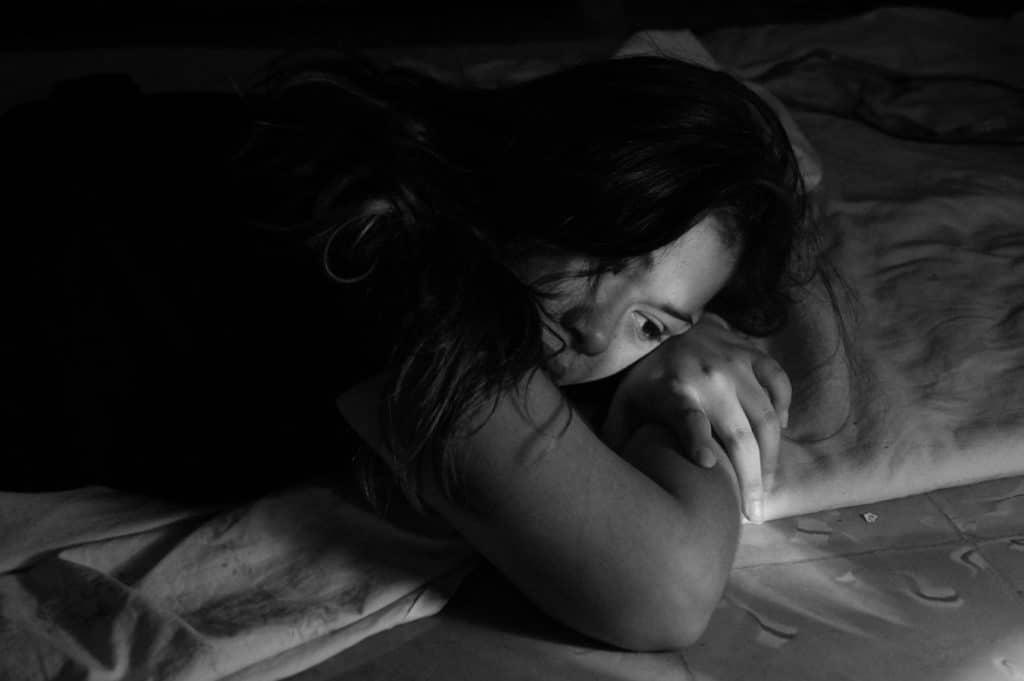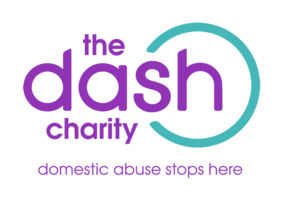What is Domestic Abuse?

Tactics of Abuse

Every situation is different and abusive partners/family members will use a range of different tactics to make you feel worthless, confused, frightened, and as if there is no hope for escape.
Some can be subtle, others overt, here are some the tactics we see daily in the course of our work:
- Physical Abuse - biting, burning, hitting, punching, slapping, choking, use of weapons/objects
- Emotional Abuse - making you feel bad, putting you down, calling you names, making you feel guilty or to blame for the abuse
- Isolation - preventing you from seeing family/friends, stopping you from working/attending college, restricting your social life
- Economic Abuse - demanding money from you, making you justify your spending, restricting your finances or access to your own money
- Using the Children - turning the children against you, using child contact as a way to continue the abuse, threatening to hurt the children or take them away
- Threats and Intimidation - threatening to report you to police or social services, threatening to hurt you if you leave, making you feel afraid with looks, gestures or aggressive behaviour
- Minimizing, Denying, Blaming - making excuses, blaming you for incidents of abuse, playing down the seriousness of the situation
- Sexual Abuse - forcing or co-ercing you into sex, infidelity, withholding affection
Worried About Your Relationship?
Domestic abuse can be confusing and difficult to recognise…asking yourself a few questions can help.

Does your partner do the following:
-
Make you afraid by using looks, actions and gestures
- Put you down and make you feel bad about yourself
- Do they make you think you are going crazy?
- Do they limit the time you spend with friends/family?
- Do they blame you for incidents?
- Do they try to turn the children against you or threaten to take them from you?
- Do they prevent you from getting or keeping a job?
- Do they make you ask him for money?
- Do they make all the important decisions in your relationship with no recognition of your wishes?
- Do they threaten to hurt you or hurt himself if you leave?
Worried about someone you know?

If you’re concerned about someone else, we can help you help them.
You may be worried about someone you know. There may be things you have heard or seen that don’t seem right or they may have confided in you. Trust your gut instinct – if it feels wrong, it probably is. Your friend, sister, mum, cousin or work colleague may not be ready to accept help and this can be frustrating. Don’t give up on them.
- Listen to them, try to understand and take care not to blame them. Reassure them they are not alone and that there are many people in the same situation.
- Acknowledge that it takes strength to trust someone enough to talk about experiencing abuse. Give them time to talk, but don’t push them to go into too much detail if they don't want to.
- Acknowledge that they are in a frightening and very difficult situation.
- Tell them that no one deserves to be threatened or beaten, despite what their abuser has told them. Nothing they do or say can justify the abuser’s behaviour.
- Support them as a friend. Encourage them to express feelings, whatever they are. Allow them to make their own decisions.
- Don’t tell them to leave the relationship if they are not ready to do this. This is their decision.
- Ask if they have suffered physical harm. If so, offer to go with them to a hospital or to see a GP.
- Help them to report the assault to the police if they choose to do so.
- Offer your friend the use of your address and/or telephone number to leave information and messages
- Look after an emergency bag for them if you are happy to do so, in case they need to leave quickly
- Look after yourself while you are supporting someone through such a difficult and emotional time. Ensure that you don't put yourself into a dangerous situation; don't offer to mediate as this can often make their situation worse.
Once there is abuse in a relationship it doesn't stop - it often gets worse, more frequent and more serious.
We know it is hard to speak up about what is going on 'behind closed doors' but please be reassured there is lots of help available.
FAQ'S
Will my partner find out I have spoken up?
If you call our helpline, our advice is confidential – your partner will not find out you have spoken to us. If we have imminent concerns about your safety we may have to call emergency services but we will let you know before we do this.
My partner hasn't hit me - is this still domestic abuse?
Most victims of domestic abuse experience a pattern of coercive control in the relationship first. This means that you feel pressured into doing things or agreeing to things that you wouldn’t usually agree to – you are not ‘allowed’ an opinion and maybe fearful of repercussions. Emotional abuse and controlling behavior, often accompanied by jealousy are very powerful tactics and are intended to destroy your confidence and self-esteem, which makes it harder for you to leave. Physical abuse often, but not always, comes later, so please seek advice before this happens.
Should I try harder to make the relationship work?
In most abusive relationships, there is one person who clearly has power and control over the other. There is never any justification for abuse , but perpetrators of abuse will often try to share the blame with you. No matter how hard you try, they will always find some excuse to justify their behaviour, so no, trying harder or going to relationship counselling won’t work.
If I leave, will I have to go into a refuge?
We are there for you – to offer advice on the different options you have, to let you know what your legal rights are, and to help you with whatever you choose to do. Deciding to leave an abusive relationship isn’t easy – there are many things to consider such as where you will go, how you will manage financially, where your children will go to school, etc. Many women we support manage to remain in their home area, with additional safety and support in place. Your safety and that of your children should ALWAYS be your first priority – everything else can be explored later and we can help with that.
